The E-Book Wars: What Kindle Wrought

Amazon CEO Jeff Bezos took the wraps off Kindle 2 at an event in New York. It has the same price tag as its two-year-old predecessor -- $359 -- and weighs 10.2 ounces and boasts 25 percent longer battery life.
Of course, the Kindle is hardly the first e-reading device or application available, and one of the first questions that emerged following Kindle's release was whether its competition would come from rival devices like Sony's eReader or e-reading applications such as those offered by Google and Microsoft.
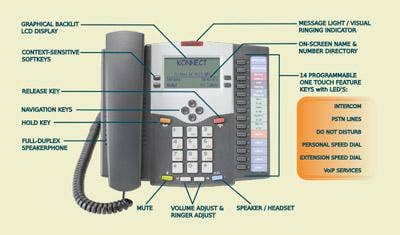
The Authors Guild was one of the first organizations to raise a stink about Kindle 2 from a legal standpoint, saying that the Kindle's text-to-speech "read to me" feature was a violation of intellectual property rights in place for audiobooks.
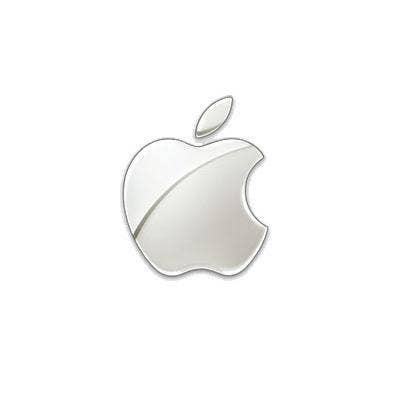
As Kindle 2 started shipping, the CRN Test Center said the Kindle lived up to its hype, and that reviewers "found the e-reader to be everything we expected" and that "our first impression of the build quality is good."
The Test Center suggested that ignoring the Kindle 2 or downplaying it was "at your own peril," comparing the device's arrival to how Asus' first netbook in 2007 changed the game for lower-cost devices and the strategies of Intel, Microsoft and PC makers.

Of the new and emerging e-book players, one of the most hotly rumored at the end of February was an e-reader specific for periodicals being developed by the Hearst Corporation. The e-reader, sources said, would be large format and be designed to provide the look and feel of newspapers and magazines.
The head of Hearst's interactive media group, Kenneth Bronfin, was quoted in Fortune as saying that Hearst was "keenly interested" in an e-reading play and that "these devices will be a big part of our future."
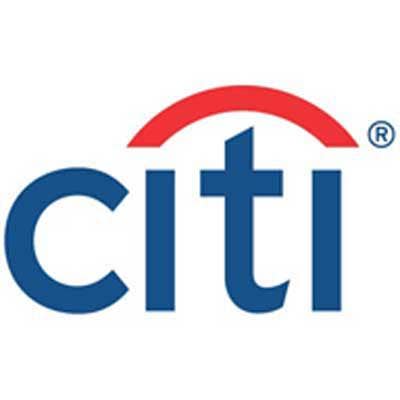
Responding to lawsuit threats from the Authors Guild on text-to-speech, Amazon said that it would change Kindles that hadn't yet shipped so that authors, publishers and other rightsholders would have the ability to disable text-to-speech if they saw fit.
"Kindle 2's experimental text-to-speech feature is legal: no copy is made, no derivative work is created, and no performance is being given," said Amazon, in a short statement posted to its main site. "Furthermore, we ourselves are a major participant in the professionally narrated audiobooks business through our subsidiaries Audible and Brilliance. We believe text-to-speech will introduce new customers to the convenience of listening to books and thereby by growing the professionally narrated audiobooks business."
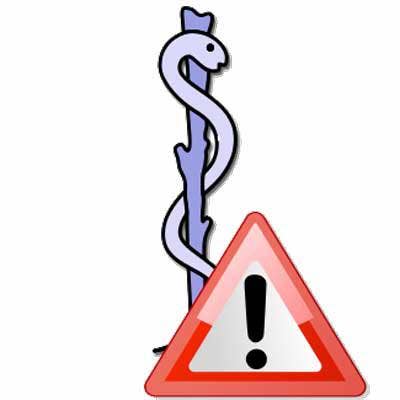
In a move described by analysts as beneficial for both Amazon and Apple, Amazon on March 4 said it would make available a free Kindle application for Apple's iPhone.
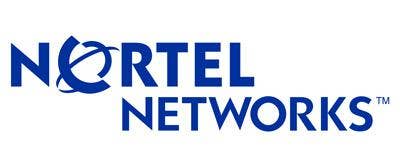
Amazon managed to get the Authors Guild off its back, but in the past two weeks, two lawsuits against e-readers have come to light -- one targeted directly at Amazon Kindle and the other at Apple and the iPhone.
On March 17, Discovery Communications sued Amazon , saying it had infringed on an encryption technology for an e-books patent held by Discovery founder John Hendricks.
Earlier this week, a Swiss communications company called Monec Holding sued Apple over whether the Amazon Kindle app and other e-reading apps turn the iPhone into an e-book and, thus, Monec claims, violate one of its patents.

The Sony eReader is widely seen as Amazon Kindle's biggest competition, at least from a device standpoint, and on March 19, Sony and Google said they would partner to put Google's 500,000 public domain e-books on Sony eReader for free. All of the titles through Google were published before 1923 and are part of the public domain, including Charles Dickens' A Tale of Two Cities, Jane Austen's Sense and Sensibility and nearly half a million more works both fiction and nonfiction, and in several languages.
Other competitors have also been trying to muscle their way into the e-book conversation. Barnes & Noble earlier in the month bought Fictionwise, the parent company of eReader.com and eBookwise.com, and said it would release a free e-reader application for Research In Motion's BlackBerry. Elsewhere, Fujitsu came to market with what it said was the first color e-book, Flepia (pictured) -- able to display 260,000 colors and available in Japan starting April 20.